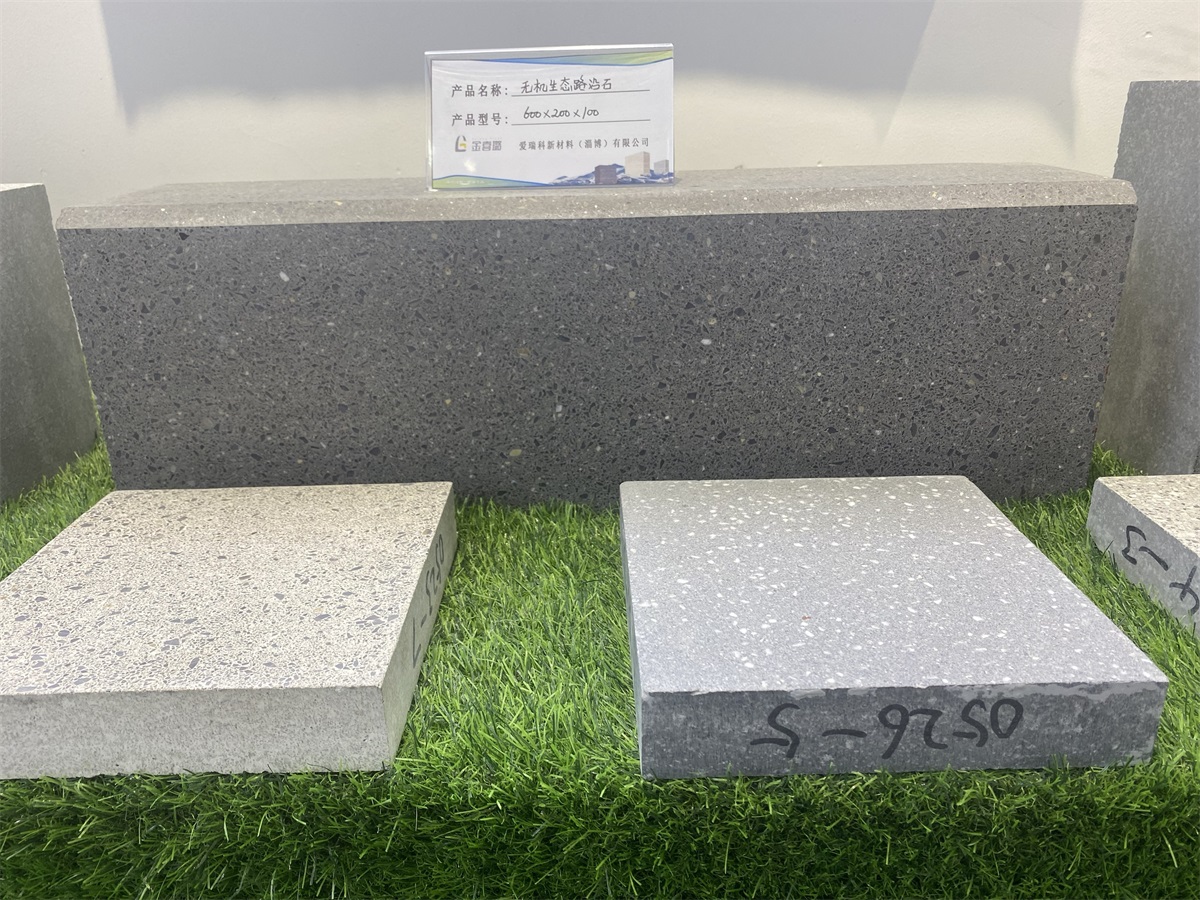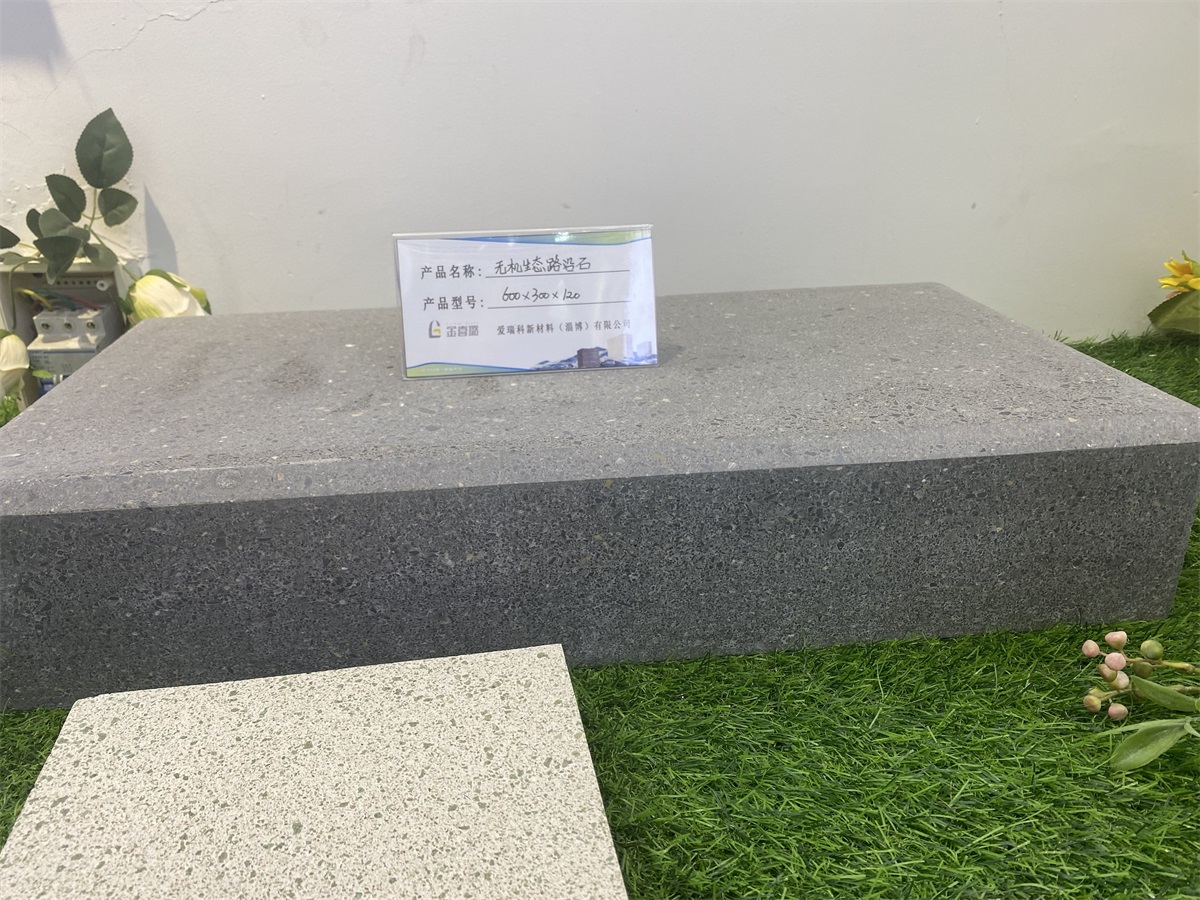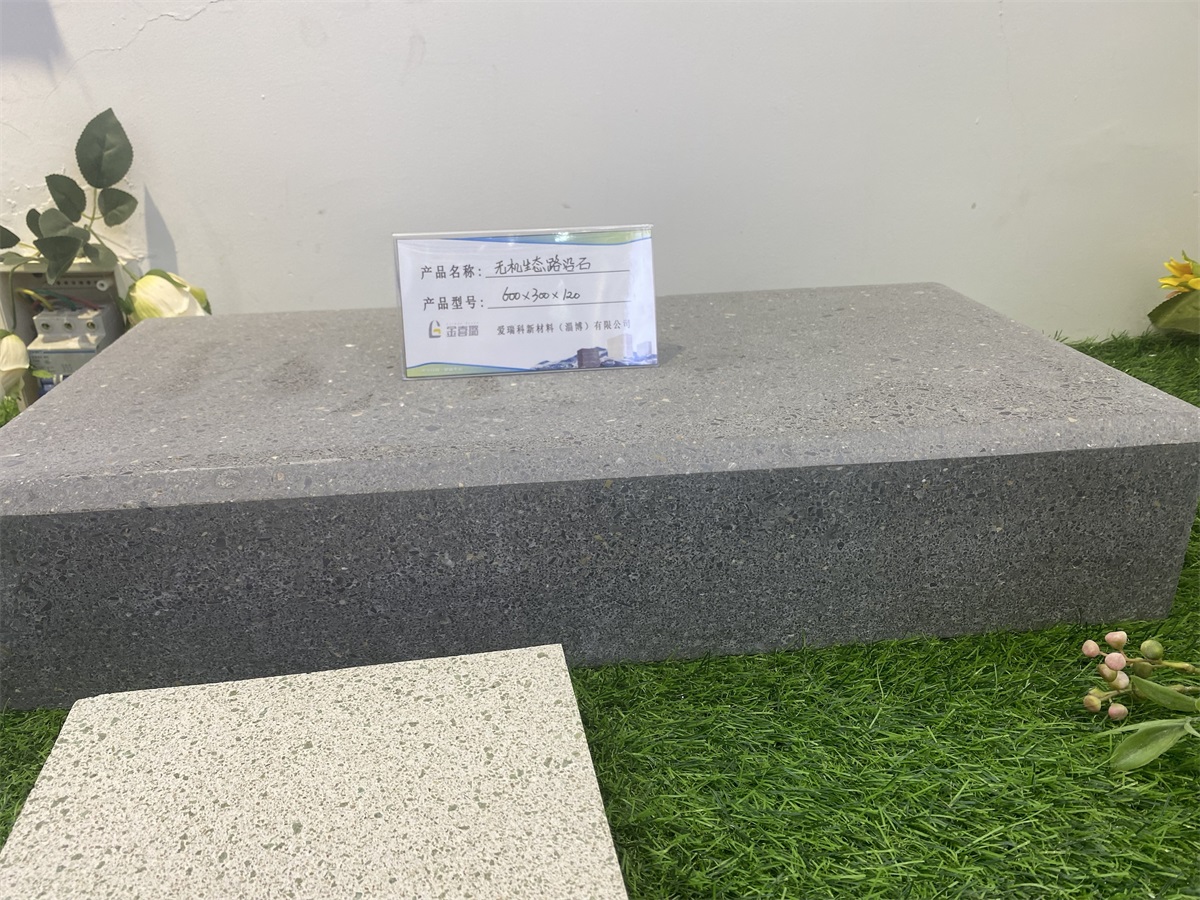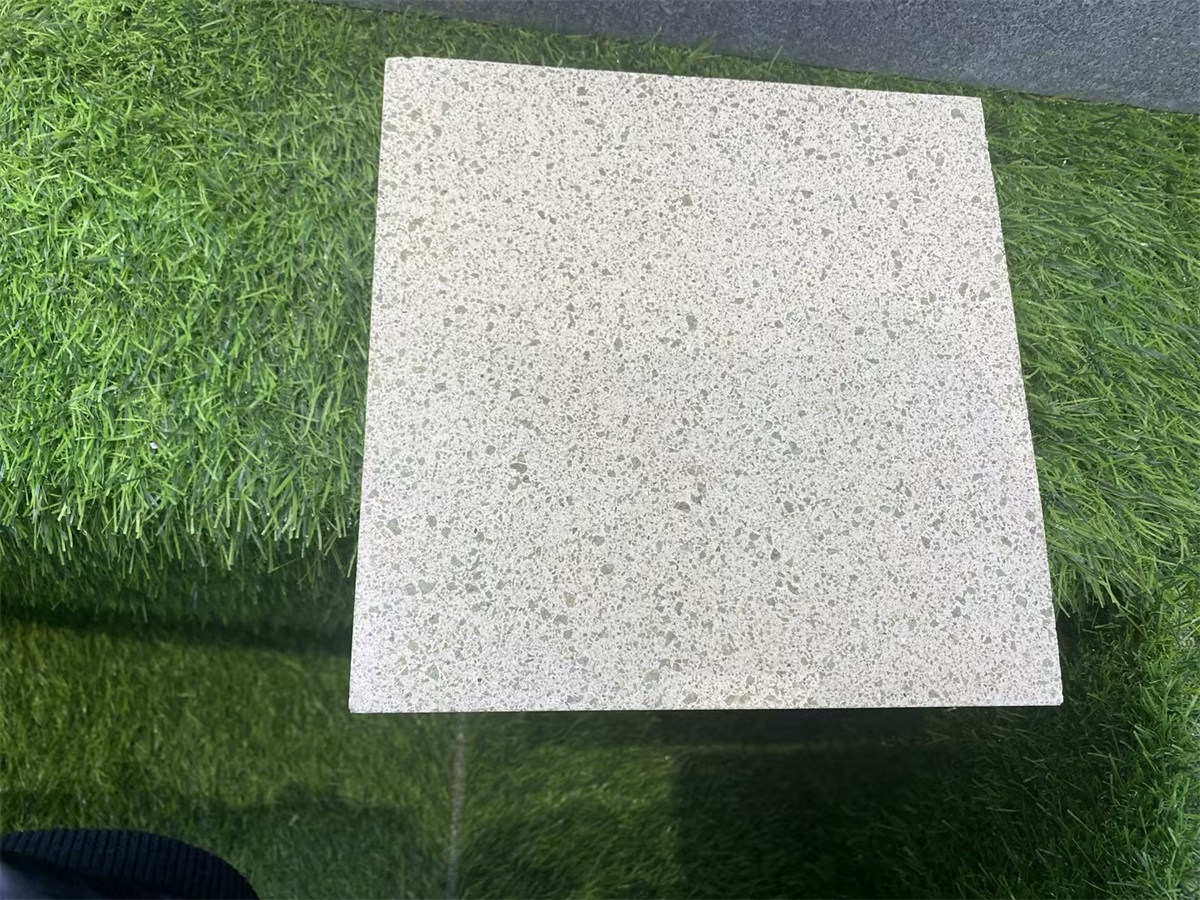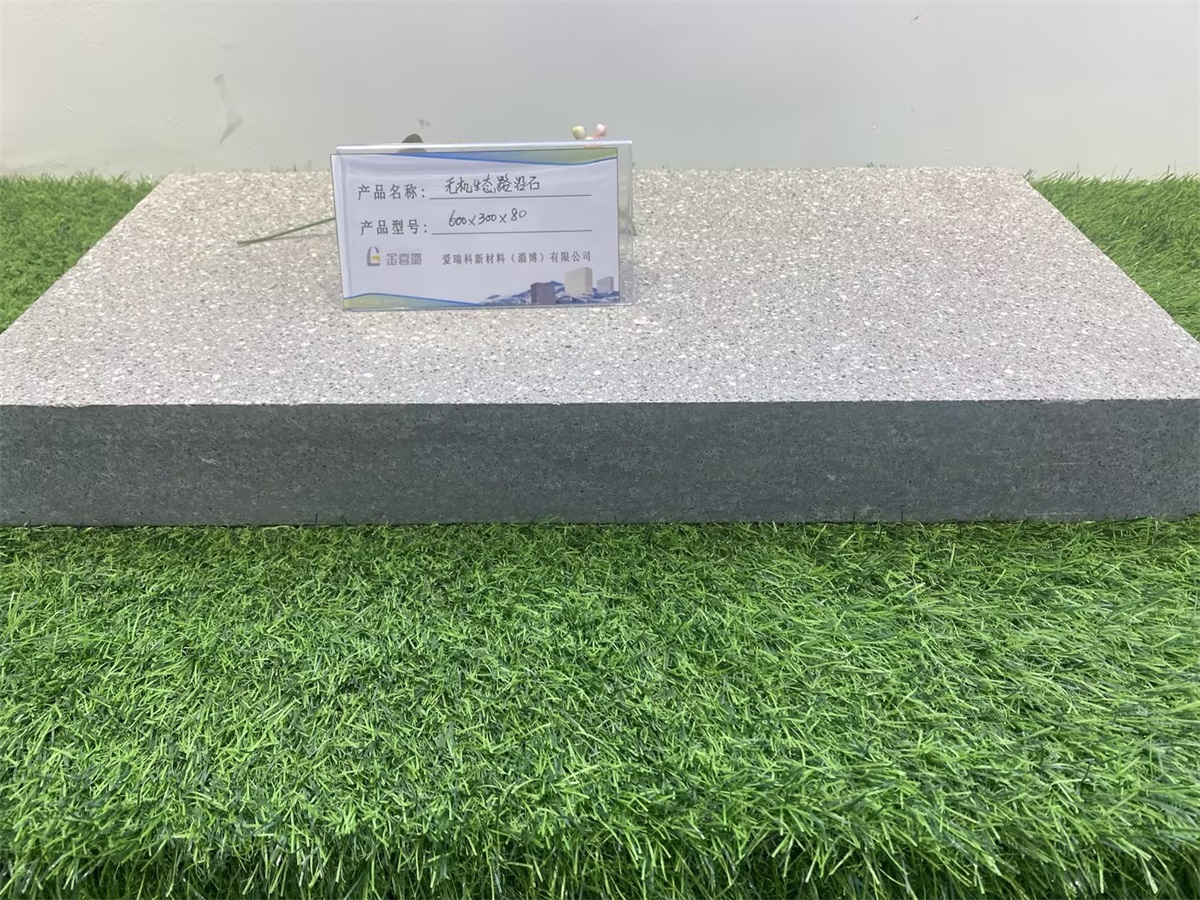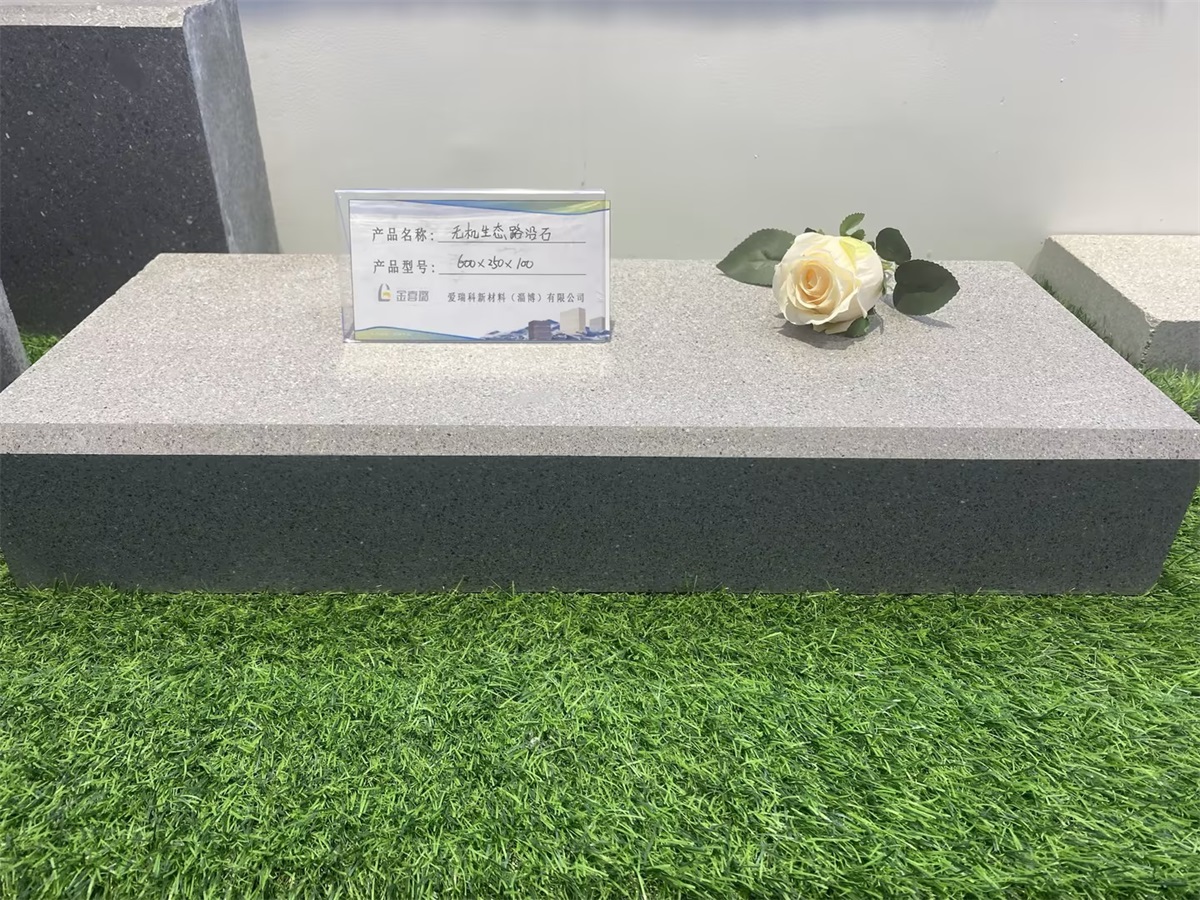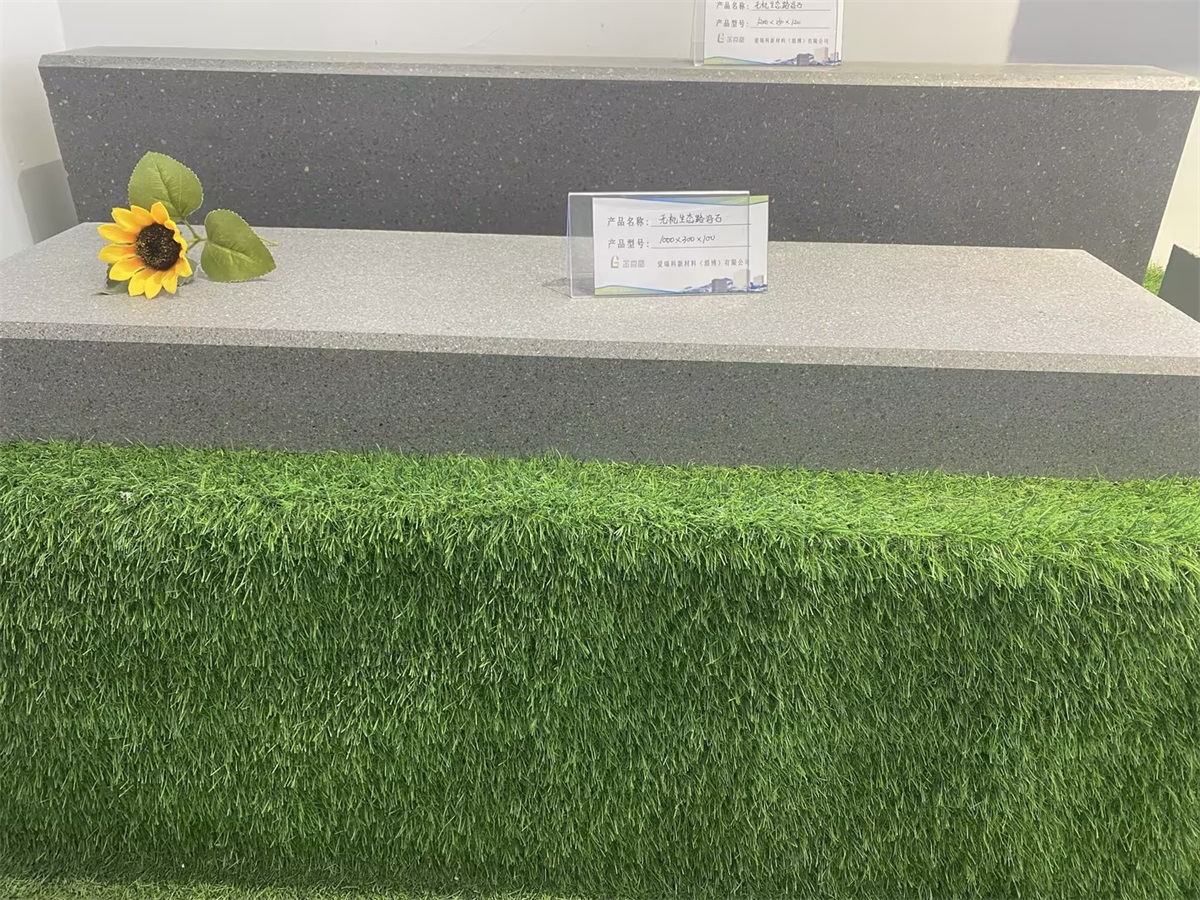樹木移栽時樹穴為何要適當(dāng)增大?
近一段時間土壤還尚未結(jié)凍,是落葉樹木冬季移栽的佳時期。有不少朋友問我,在進行樹木移栽時這個樹穴到底該如何去挖?才能更有利于樹木的移栽,以及移栽后樹木的成活。下面來講講吧。
Recently, the soil has not frozen yet, making it a good time to transplant deciduous trees in winter. Many friends have asked me how to dig this tree hole during tree transplanting? Can be more conducive to the transplanting of trees and the survival of trees after transplanting. Let's talk about it next.
一般來說我們所挖樹穴的大小是由我們所栽植樹木的胸徑或者土球來決定的。
Generally speaking, the size of the tree hole we dig is determined by the DBH or soil ball of the tree we plant.
對于胸徑在10公分以下,胸徑較小的樹木,要么是裸根移植,要么就是土球比較小。這一類可以直徑使用50公分直徑的打孔機進行打孔,然后進行移栽。這一類只需要注意樹木的栽植深度即可,其他方面基本上不用操心。
For trees with a DBH of less than 10 centimeters and a smaller DBH, either bare root transplantation or small soil balls are required. This category can be drilled using a 50 cm diameter drilling machine and then transplanted. In this category, it is only necessary to pay attention to the planting depth of the trees, while other aspects are basically free of concern.
而對于胸徑在10公分以上,胸徑較大的樹木,我們需要先挖土球,然后根據(jù)土球的大小來決定樹穴的大小。一般來說樹穴直徑至少要比土球的直徑大50公分左右,深度也比土球的厚度高出20~30公分。
For trees with a DBH of more than 10 centimeters and a larger DBH, we need to dig soil balls first, and then determine the size of the tree hole based on the size of the soil balls. Generally speaking, the diameter of the tree hole should be at least 50 centimeters larger than the diameter of the soil ball, and the depth should be 20 to 30 centimeters higher than the thickness of the soil ball.
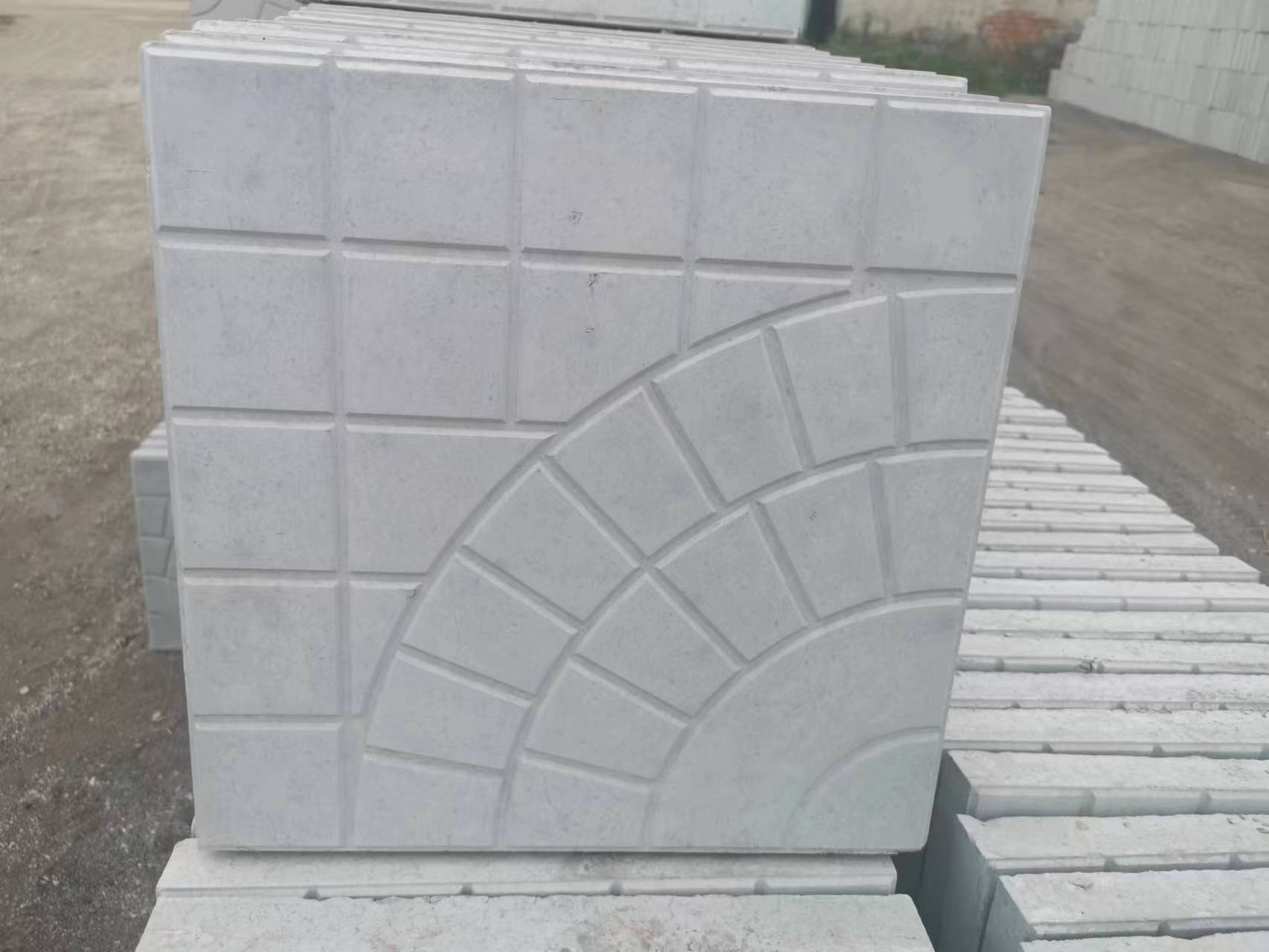

在挖取土球時,土球的直徑一般為樹木地徑的6-8倍,而厚度則為土球直徑的2/3左右。比如地徑為20公分的樹木,其土球直徑一般為1.2米~1.6米,厚度為80公分左右,其所需要的樹穴大小則直徑一般為1.7米~2米,深度為1米~1.1米。
When excavating soil balls, the diameter of the soil ball is generally 6-8 times the diameter of the tree ground, and the thickness is about 2/3 of the diameter of the soil ball. For example, for trees with a diameter of 20 centimeters, the diameter of the soil ball is generally 1.2 meters to 1.6 meters, and the thickness is about 80 centimeters. The required tree hole size is generally 1.7 meters to 2 meters in diameter, and the depth is 1 meter to 1.1 meters.
對于胸徑較大的苗木可以適當(dāng)?shù)財U大樹穴,這是為什么?
Why is it possible to appropriately expand the tree hole for seedlings with a larger diameter at breast height?
胸徑較小的苗木一般來說移栽的成活率還是比較高的,所以不需要進行什么特別的注意,而胸徑較大或者與原生地距離較遠(yuǎn)的苗木,則需要適當(dāng)?shù)貙溲〝U大再進行栽植。
Generally speaking, seedlings with small DBH have a relatively high survival rate after transplanting, so no special attention is required. However, seedlings with large DBH or distant from the original site need to appropriately expand the tree hole before planting.
這主要是因為,要想樹長的好,成活率高,就一定要先養(yǎng)根。而根系想要長的好一定要滿足兩個條件:
This is mainly because if a tree wants to grow well and have a high survival rate, it must first cultivate roots. Two conditions must be satisfied if the root system wants to grow well:
一個是根系附近土壤的透氣性要好;一個則是土壤的溫度要適宜。
One is that the soil near the root system has better air permeability; One is that the temperature of the soil should be suitable.
將樹木移栽時的樹穴進行擴大之后,再進行移栽,可以將土壤中的一些建筑垃圾挖除,改善苗木根系環(huán)境附近土壤的透氣性,土壤也變得更為疏松,這些十分有利于苗木新根的萌發(fā),便于樹木后期的成活。更多相關(guān)內(nèi)容就來我們網(wǎng)站http://slmachine.cn咨詢吧!
After expanding the tree hole during tree transplanting, transplanting can remove some construction waste from the soil, improve the air permeability of the soil near the root environment of the seedlings, and make the soil more loose. These are very conducive to the germination of new roots of the seedlings and facilitate the survival of the trees in the future. For more relevant content, please visit our website http://slmachine.cn Consult!
下一篇:拱形骨架護坡的8個施工步驟
相關(guān)產(chǎn)品
相關(guān)新聞



